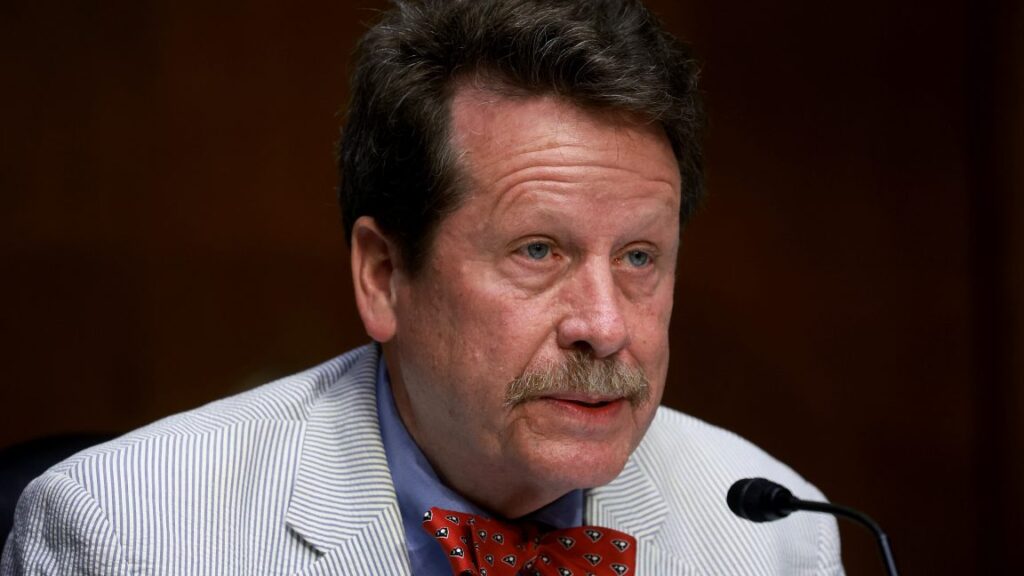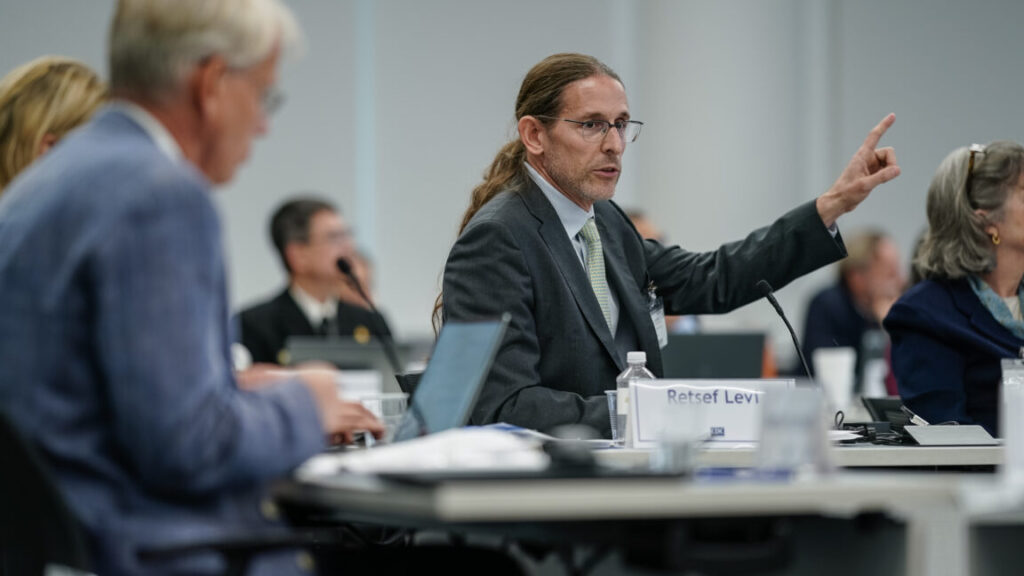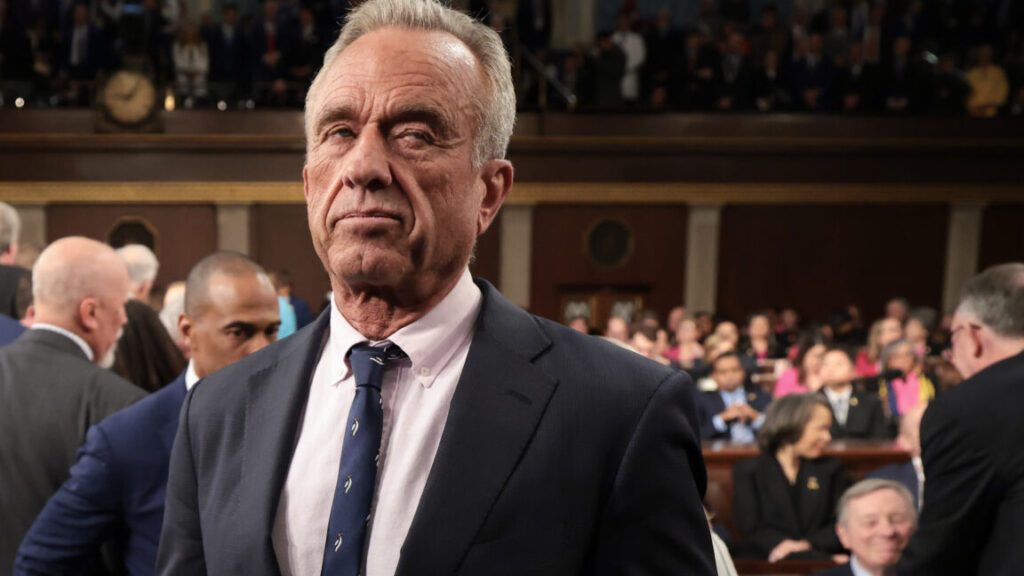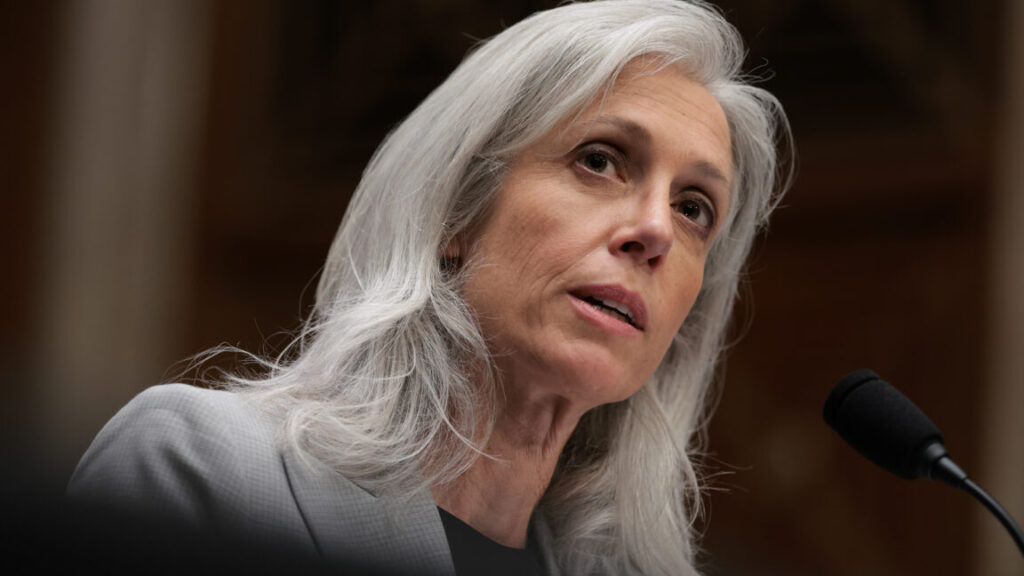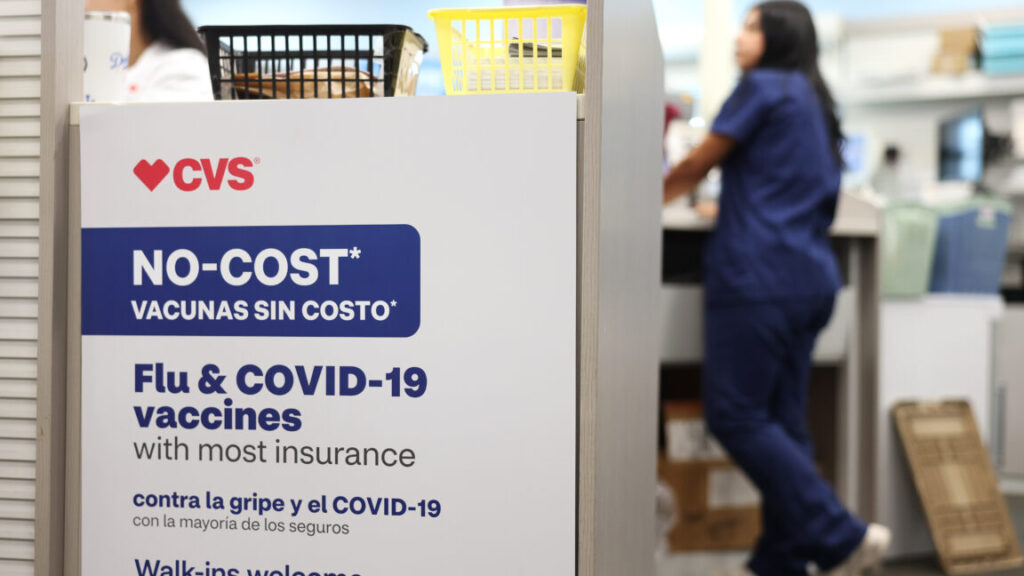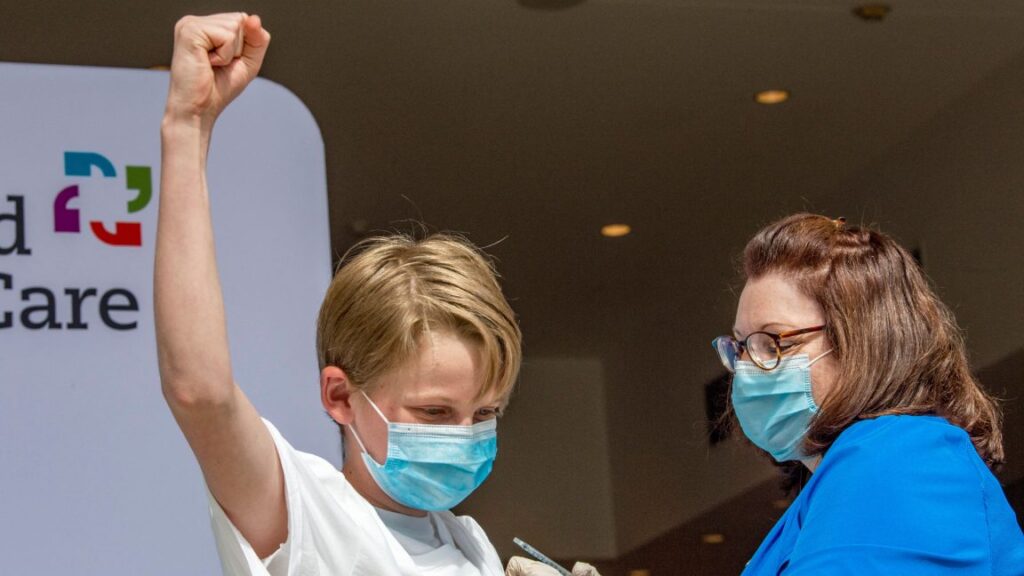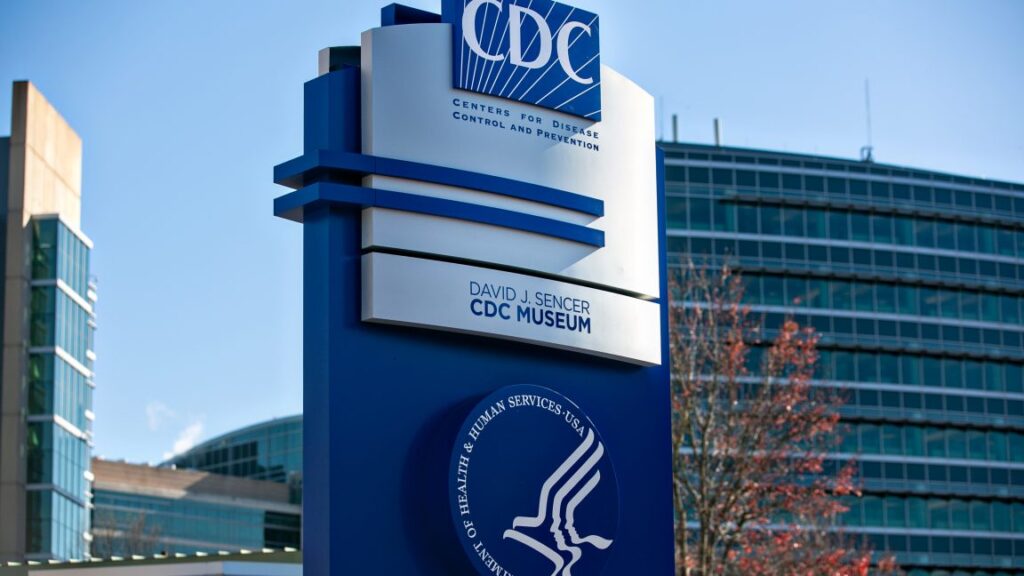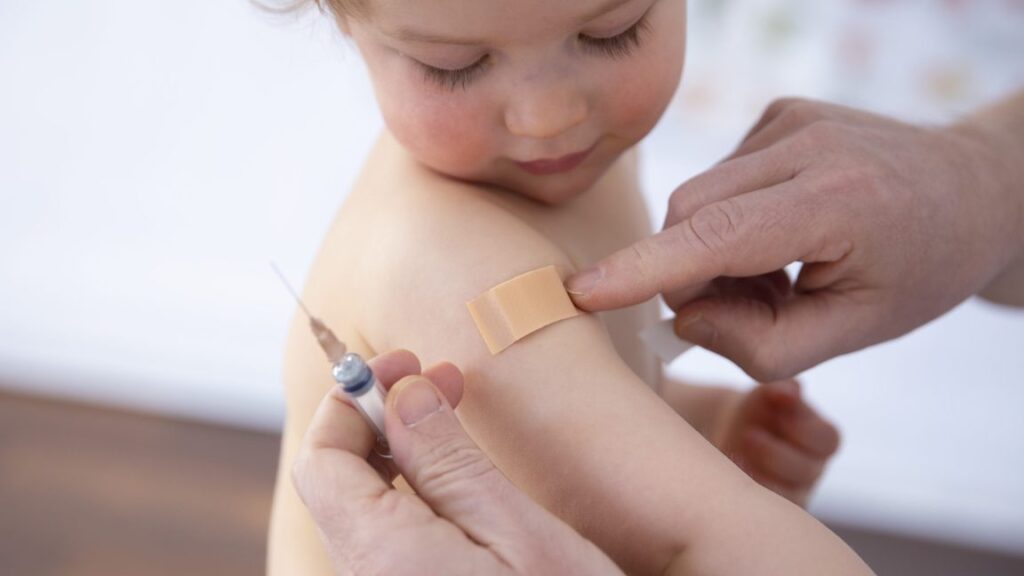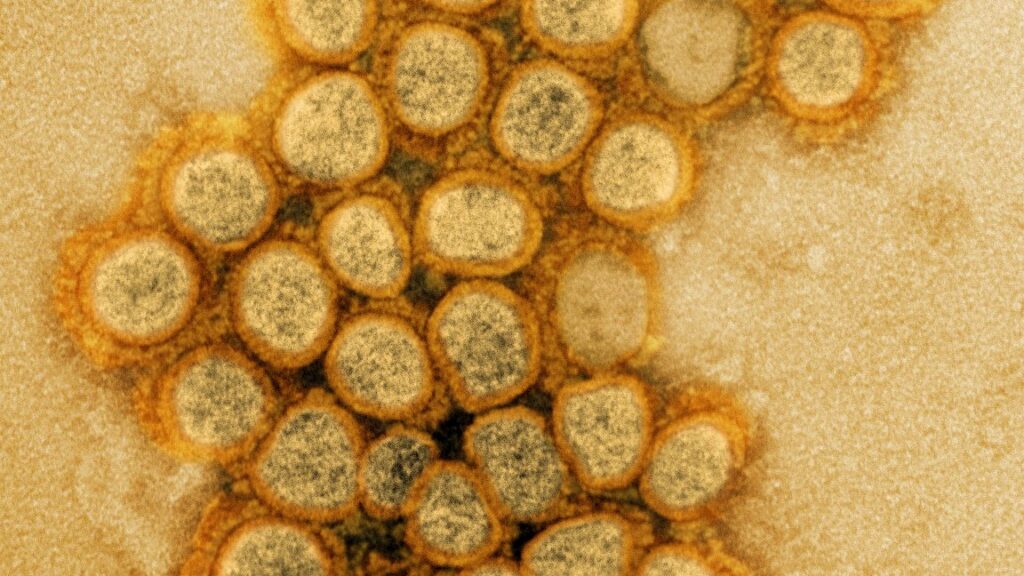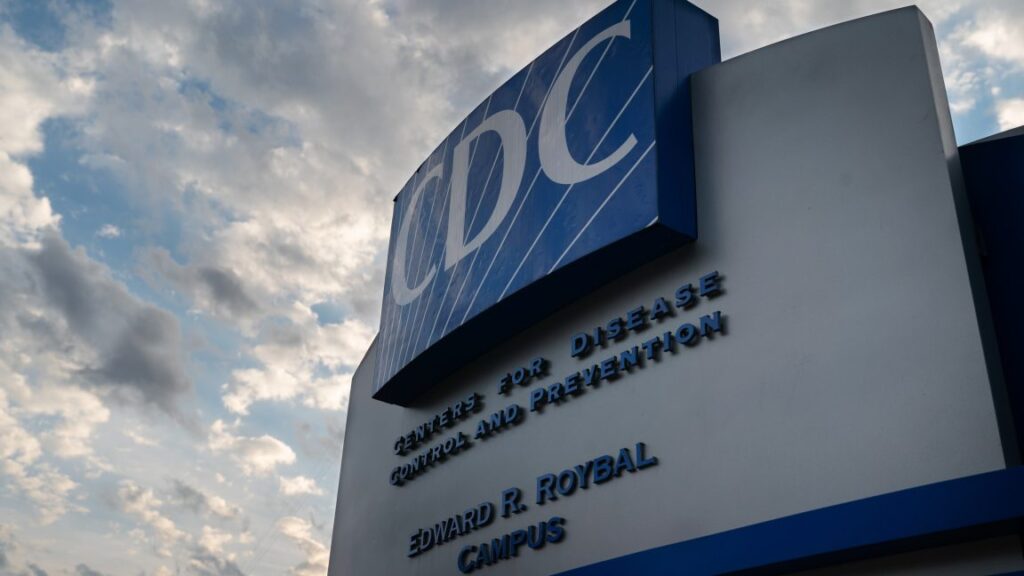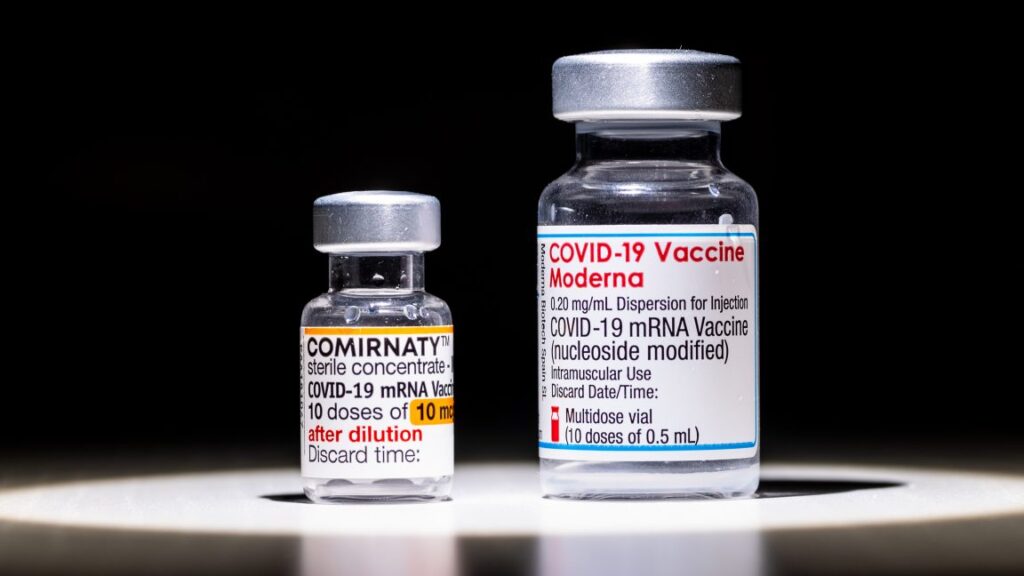12 former FDA chiefs unite to say agency memo on vaccines is deeply stupid
On Friday, Vinay Prasad—the Food and Drug Administration’s chief medical and scientific officer and its top vaccine regulator—emailed a stunning memo to staff that quickly leaked to the press. Without evidence, Prasad claimed COVID-19 vaccines have killed 10 children in the US, and, as such, he announced unilateral, sweeping changes to the way the agency regulates and approves vaccines, including seasonal flu shots.
On Wednesday evening, a dozen former FDA commissioners, who collectively oversaw the agency for more than 35 years, responded to the memo with a scathing rebuke. Uniting to publish their response in the New England Journal of Medicine, the former commissioners said they were “deeply concerned” by Prasad’s memo, which they framed as a “threat” to the FDA’s work and a danger to Americans’ health.
In his memo, Prasad called for abandoning the FDA’s current framework for updating seasonal flu shots and other vaccines, such as those for COVID-19. Those updates currently involve studies that measure well-characterized immune responses (called immunobridging studies). Prasad dismissed this approach as insufficient and, instead, plans to require expensive randomized trials, which can take months to years for each vaccine update.
FDA staff who disagree with the plans can “submit your resignation letters,” Prasad wrote. And airing concerns or criticisms is seen as “unethical” and “illegal.”
Together, the former commissioners called Prasad’s memo the “latest in a series of troubling changes at the FDA,” and the planned policy updates “not … coherent.” Prasad’s arguments against immunobridging, they add, “misrepresent both the science and the regulatory record, especially in the case of vaccines that target well-understood pathogens through an established mechanism of action.”
12 former FDA chiefs unite to say agency memo on vaccines is deeply stupid Read More »
